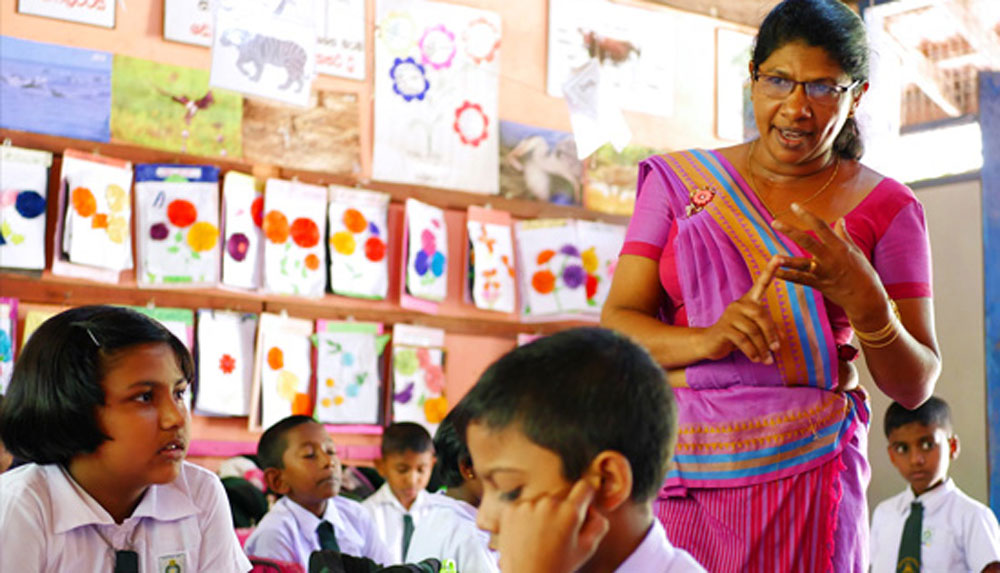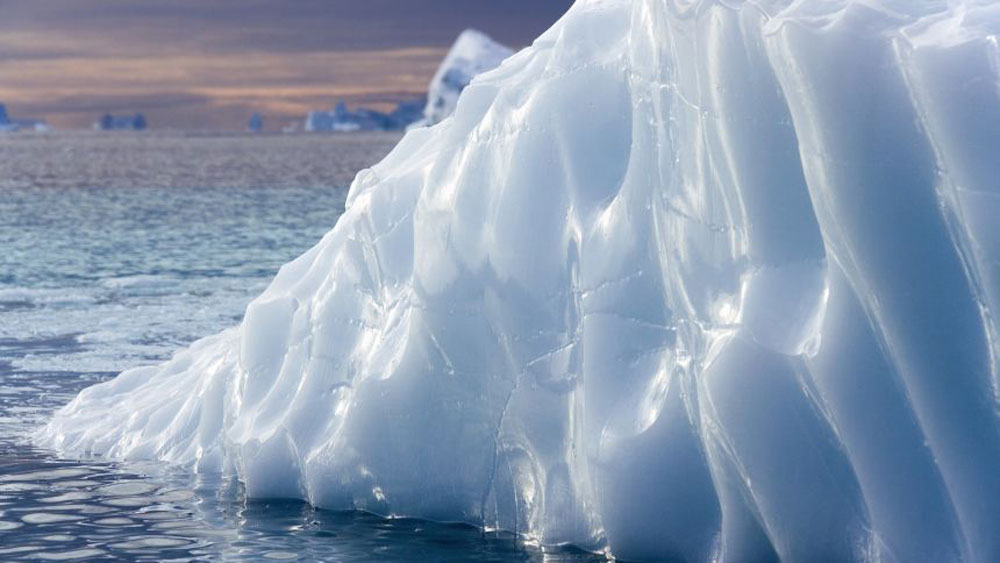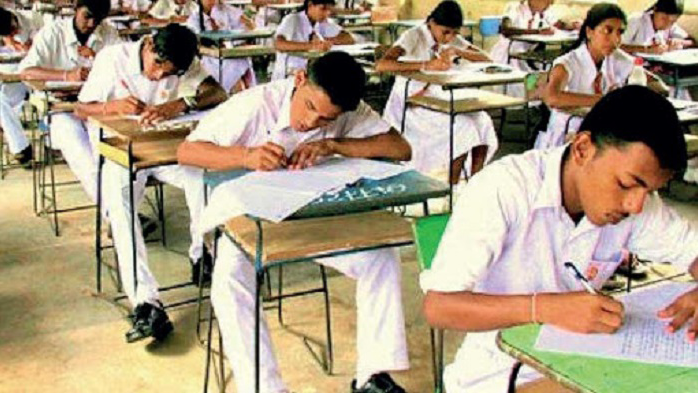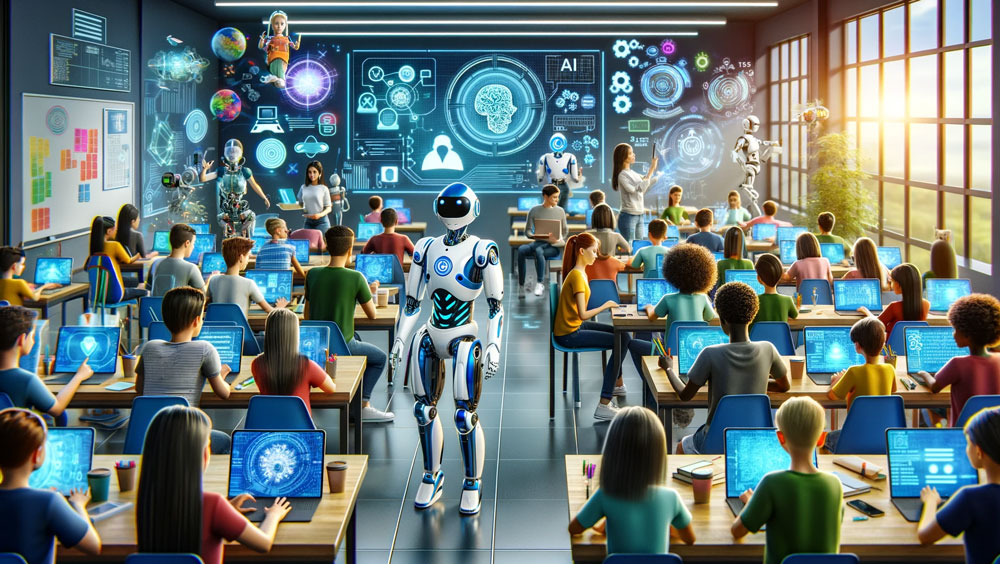The Menace of Ocean Pollution, Understanding the Source and Impact
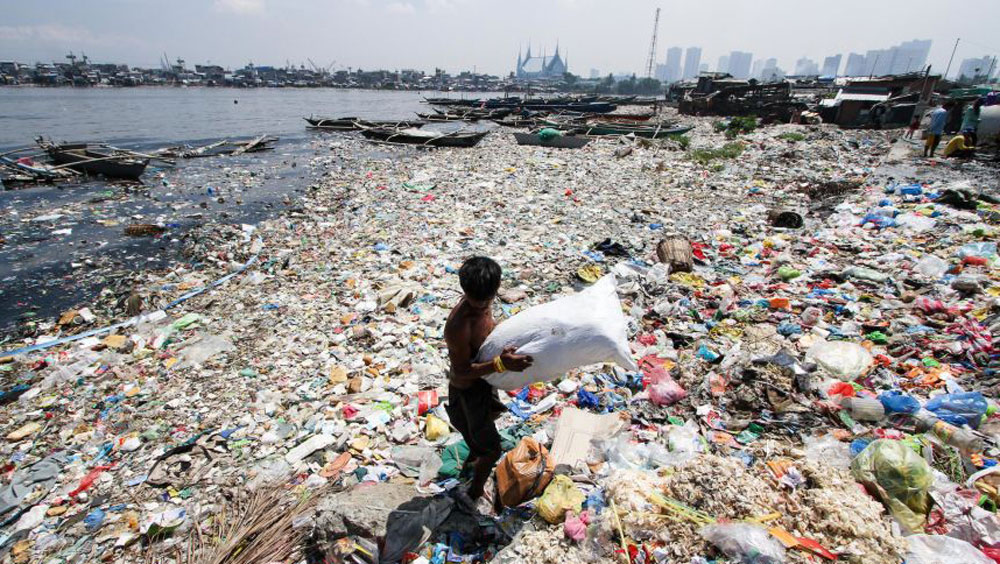
The world's oceans, once pristine expanses of blue, have become increasingly choked with pollution, particularly plastic waste. Each year, an estimated eight million tons of plastic find their way into the ocean, posing a grave threat to marine life and ecosystems. This alarming trend is fueled by various sources, with China, the Philippines, and Indonesia emerging as the top contributors to ocean pollution.
The sight of garbage-strewn waters has become distressingly common, not only in Southeast Asia but also in other parts of the world. Marine biologist Nicholas Mallos, who oversees the Ocean Conservancy's Trash Free Seas program, describes these accumulations as the unfortunate norm, especially in developing regions where rapid urbanization has outpaced waste management efforts. As middle-class populations burgeon along coastlines, so does consumption and waste generation, exacerbating the problem of ocean pollution.
Plastic pollution poses a myriad of threats to marine life. Animals often mistake plastic debris for food, leading to ingestion and internal injuries. Additionally, discarded fishing gear, known as ghost nets, entangle marine animals, causing injuries, suffocation, and death. The ingestion of plastic particles by fish and other marine organisms also has far-reaching consequences, as these toxins can bioaccumulate and ultimately enter the human food chain, posing risks to human health.
However, plastic waste is not the sole culprit behind ocean pollution. Other sources include agricultural runoff, industrial discharge, oil spills, and untreated sewage. Chemical pollutants from these sources can contaminate marine habitats, affecting the health and reproductive success of marine species. Coral reefs, vital ecosystems that support a quarter of all marine life, are particularly vulnerable to pollution-induced stressors, such as sedimentation and nutrient runoff, leading to coral bleaching and decline.
The impact of ocean pollution extends beyond marine life to encompass coastal communities and economies.
Contaminated waters can jeopardize tourism, fisheries, and aquaculture industries, undermining livelihoods and food security. Moreover, the degradation of marine ecosystems diminishes their capacity to provide essential services, such as carbon sequestration and coastal protection, exacerbating the effects of climate change and coastal erosion.
Despite the grim reality of ocean pollution, there are glimmers of hope on the horizon. In some regions, concerted efforts are underway to combat plastic pollution and improve waste management practices.
Initiatives such as bans on single-use plastics, beach cleanups, and public awareness campaigns are gaining traction globally. Furthermore, technological innovations, such as plastic-eating microbes and ocean cleanup devices, hold promise for mitigating the impact of existing pollution and preventing further degradation of marine environments.
Ocean pollution poses a grave threat to marine ecosystems, biodiversity, and human well-being. Urgent action is needed at local, national, and international levels to address the root causes of ocean pollution, enhance waste management infrastructure, and promote sustainable consumption and production practices. By working together to reduce plastic waste and mitigate pollution sources, we can safeguard the health and vitality of our oceans for generations to come.
Related News
Admission for Intermediate grades : No priority for Sports Talent
Admission of students to intermediate grades in government schools and government-approved private schools will not be based on sports skills, the Ministry…
Read MoreGCE O/L exam students : Important notice from Education Ministry
Academic activities will immediately commence following the conclusion of the GCE Ordinary Level Examinations this year for students wishing to pursue the…
Read MoreHow AI Helps Everyone Learn Better, Just Like Magic
Imagine you have a magical backpack. Whenever you need something for school, like a crayon or a book, this backpack gives you…
Read MoreEmpowering Women in Engineering: Dr. Gayashika Fernando’s PhD Journey at SLIIT’s Faculty of Engineering
Dr. Gayashika Fernando serves as a Senior Lecturer in the Mechanical Engineering Department in the Faculty of Engineering in SLIIT. As the…
Read More2022 (2023) O/L exam re-scrutinised results : Update from Minister
The re-scrutinized results of the 2022 (2023) GCE Ordinary Level examination will be released in May, Minister of Education Susil Premajayantha announced…
Read MoreCourses
-

APIIT – MSc. Marketing Management
APIIT Sri Lanka Overview This MSc Marketing Management degree – awarded by Staffordshire University, UK is an advanced course of study in… -

ANC – BSc (Hons) Information Technology (Top-Up)
ANC Education Overview Globally, Information Technology (IT) skills continue to be in high demand from businesses in many sectors. This IT degree… -

UTS – Diploma of Engineering
UTS COLLEGE SRI LANKA Overview Are you inspired to create change in the world? Are you always looking for a better solution?… -

IMC – Foundation in Science
IMC EDUCATION Overview For students intend to practice Medicine abroadPathway to Medical Careers in Australia I UK l USA l New Zealand… -

CSA – Bachelor of Architecture Honors Degree
City School of Architecture Overview The Bachelor of Architecture Honors Degree at the City School of Architecture has been awarded by the… -

ICBS – MBA International Business
ICBS Overview The MBA program awarded by the University of the West of Scotland (UWS) is a prestigious and comprehensive program designed… -

APIDM – Diploma in Digital Driven Marketing
APIDM Overview Digital Marketing revolves around a constantly evolving landscape and it offers endless career opportunities for growth and success around the… -

CSA – Diploma in Architectural Studies
City School of Architecture Modules Year 1 Design Architectural Studies History of Architecture Theory of Architecture Arts Architecture and Structures Materials and… -

ICBS – BA (Hons) International Business and Finance
ICBS Overview The BA (Hons) International Business and Finance degree, awarded by the University of the West of Scotland, is a comprehensive… -

ANC – Master of Business Administration
ANC Education Overview The MBA aims to build a solid foundation in general management concepts and skills with practical exposure in fundamentals… -

APIIT – BSc (Hons) Computer Science (Cloud Technologies)
APIIT Sri Lanka Overview Specialise in the latest technologies from the leading providers of Cloud Services globally such as Amazon AWS and… -

ANC – BBA International Business
ANC Education Overview The International Business Degree focuses on the emerging global business environment. Courses include trade, finance, law, marketing, management, culture,… -

BCAS – LLB (Hons) Degree
BCAS Campus Overview The LLB (Hons) Degree offered at BCAS builds effective legal knowledge and develops practical legal skills. When you join… -

IIT – BEng (Hons) Software Engineering
IIT Campus Overview The BEng (Hons) Software Engineering embodies the best ways to design, implement, evaluate and maintain software systems. It makes… -

BCAS – Bsc (Hons) Business Management
BCAS Campus Overview Solent university’s top-up degree in Business Management is perfectly suited for students who wish to upgrade the existing knowledge…
Newswire
-

UK trip : Two women arrested at the Airport over scam
ON: April 29, 2024 -

MP Bathiudeen requests Indian assistance to help Eastern fishermen
ON: April 29, 2024 -

President reveals plans to expand Cinnamon Cultivation
ON: April 29, 2024 -
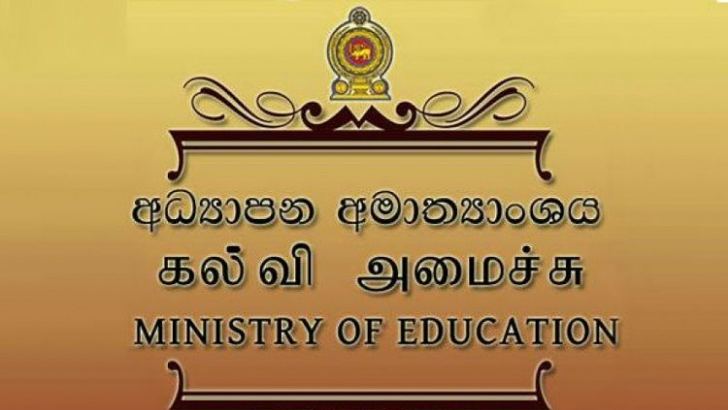
Admission for Intermediate grades : No priority for Sports Talent
ON: April 29, 2024



